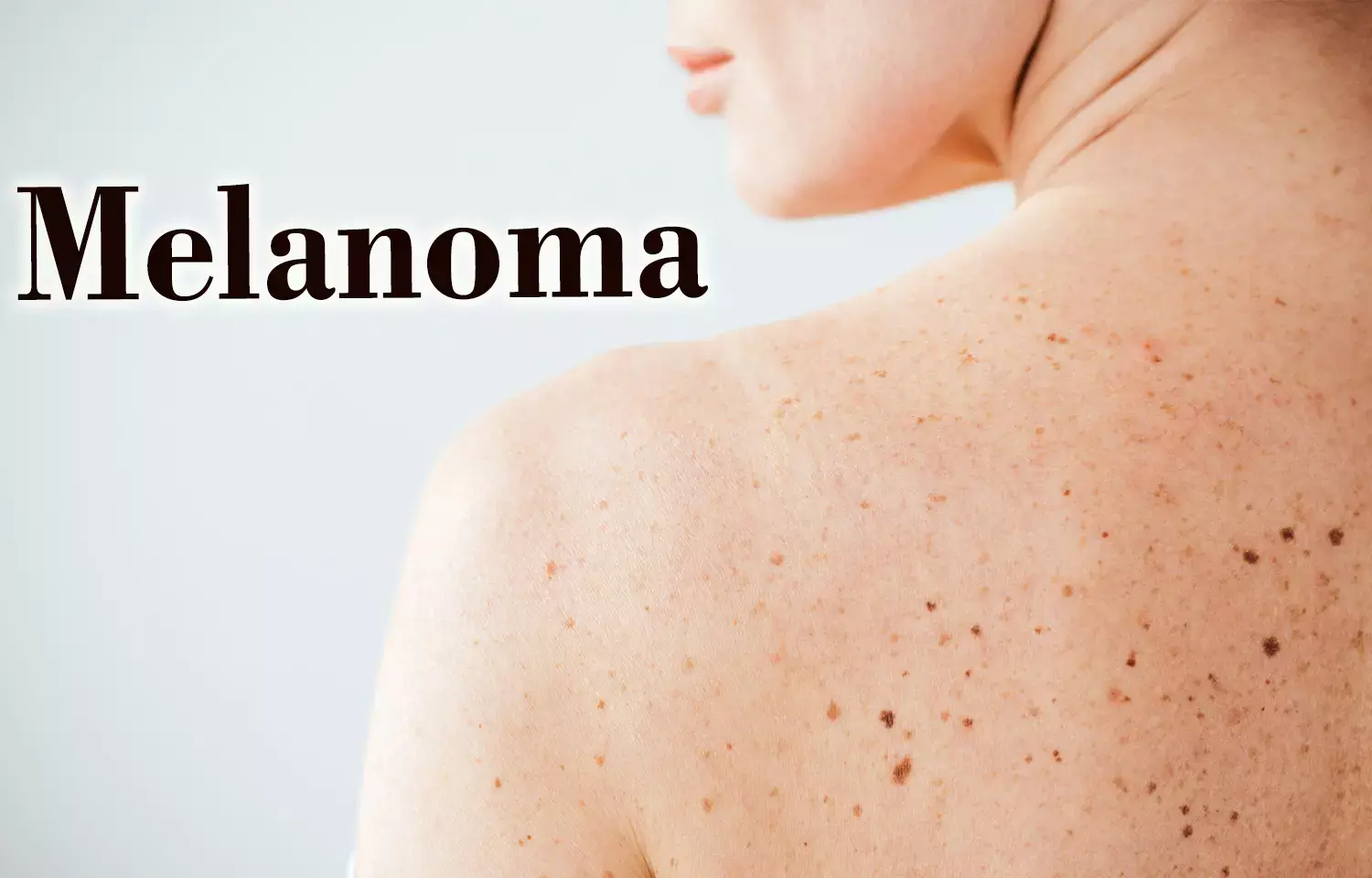- Home
- Medical news & Guidelines
- Anesthesiology
- Cardiology and CTVS
- Critical Care
- Dentistry
- Dermatology
- Diabetes and Endocrinology
- ENT
- Gastroenterology
- Medicine
- Nephrology
- Neurology
- Obstretics-Gynaecology
- Oncology
- Ophthalmology
- Orthopaedics
- Pediatrics-Neonatology
- Psychiatry
- Pulmonology
- Radiology
- Surgery
- Urology
- Laboratory Medicine
- Diet
- Nursing
- Paramedical
- Physiotherapy
- Health news
- Fact Check
- Bone Health Fact Check
- Brain Health Fact Check
- Cancer Related Fact Check
- Child Care Fact Check
- Dental and oral health fact check
- Diabetes and metabolic health fact check
- Diet and Nutrition Fact Check
- Eye and ENT Care Fact Check
- Fitness fact check
- Gut health fact check
- Heart health fact check
- Kidney health fact check
- Medical education fact check
- Men's health fact check
- Respiratory fact check
- Skin and hair care fact check
- Vaccine and Immunization fact check
- Women's health fact check
- AYUSH
- State News
- Andaman and Nicobar Islands
- Andhra Pradesh
- Arunachal Pradesh
- Assam
- Bihar
- Chandigarh
- Chattisgarh
- Dadra and Nagar Haveli
- Daman and Diu
- Delhi
- Goa
- Gujarat
- Haryana
- Himachal Pradesh
- Jammu & Kashmir
- Jharkhand
- Karnataka
- Kerala
- Ladakh
- Lakshadweep
- Madhya Pradesh
- Maharashtra
- Manipur
- Meghalaya
- Mizoram
- Nagaland
- Odisha
- Puducherry
- Punjab
- Rajasthan
- Sikkim
- Tamil Nadu
- Telangana
- Tripura
- Uttar Pradesh
- Uttrakhand
- West Bengal
- Medical Education
- Industry
Nivolumab and Ipilimumab combo bests monotherapy in improving clinical outcomes in Advanced Melanoma

In a new study CheckMate 067, the results demonstrated durable, improved clinical outcomes with nivolumab plus ipilimumab or nivolumab versus ipilimumab in patients with advanced melanoma.
This study was conducted by Jedd D. Wolchok and team, results of which were published in the Journal of Clinical Oncology on 24th November, 2021.
The progress of immune checkpoint inhibitors and BRAF- and MEK-targeted therapies has resulted in a significant improvement in the survival outcomes of patients with advanced melanoma. As a result, the objectives addressed in this study are After a 5-year follow-up, long-term survival of patients with advanced melanoma treated with nivolumab plus ipilimumab and nivolumab alone versus ipilimumab was demonstrated in the phase III CheckMate 067 trial. The extent to which this benefit will last is of interest. We present CheckMate 067 6.5-year results, including the first report of melanoma-specific survival.
In the following study patients with previously untreated unresectable stage III or IV melanoma were assigned 1:1:1 randomly to receive nivolumab 1 mg/kg plus ipilimumab 3 mg/kg once every 3 weeks (four doses), followed by nivolumab 3 mg/kg once every 2 weeks (n = 314), nivolumab 3 mg/kg once every 2 weeks (n = 316), or ipilimumab 3 Progression-free survival and overall survival (OS) with nivolumab + ipilimumab or nivolumab vs ipilimumab were coprimary end goals. Secondary end goals were objective response rate, effectiveness evaluations of nivolumab with ipilimumab versus nivolumab alone, and safety. Melanoma-specific survival (MSS; descriptive analysis) was also assessed, which removes deaths unrelated to melanoma.
The results of this study stated as follow:
1. The median OS (minimum follow-up, 6.5 years) in the combination, nivolumab, and ipilimumab groups was 72.1, 36.9, and 19.9 months, respectively.
2. The median MSS was not reached, 58.7, and 21.9 months, respectively; 6.5-year OS rates in patients with BRAF-mutant tumours were 57%, 43%, and 25%, respectively, and 46%, 42%, and 22% in those with BRAF–wild-type cancers.
3. The median treatment-free period in patients who quit therapy was 27.6, 2.3, and 1.9 months, respectively. There have been no new safety signals identified since the 5-year study.
In conclusion, the 6.5-year findings acquired in CheckMate 067 with the combination of first-line nivolumab + ipilimumab in patients with advanced melanoma include the longest median OS reported in a phase III melanoma research to date, as well as a median MSS that had not been achieved at 77 months.
Reference:
Wolchok, J. D., Chiarion-Sileni, V., Gonzalez, R., Grob, J.-J., Rutkowski, P., Lao, C. D., Cowey, C. L., Schadendorf, D., Wagstaff, J., Dummer, R., Ferrucci, P. F., Smylie, M., Butler, M. O., Hill, A., Márquez-Rodas, I., Haanen, J. B. A. G., Guidoboni, M., Maio, M., Schöffski, P., … Hodi, F. S. (2021). Long-Term Outcomes With Nivolumab Plus Ipilimumab or Nivolumab Alone Versus Ipilimumab in Patients With Advanced Melanoma. In Journal of Clinical Oncology. American Society of Clinical Oncology (ASCO). https://doi.org/10.1200/jco.21.02229
Medical Dialogues consists of a team of passionate medical/scientific writers, led by doctors and healthcare researchers. Our team efforts to bring you updated and timely news about the important happenings of the medical and healthcare sector. Our editorial team can be reached at editorial@medicaldialogues.in.
Dr Kamal Kant Kohli-MBBS, DTCD- a chest specialist with more than 30 years of practice and a flair for writing clinical articles, Dr Kamal Kant Kohli joined Medical Dialogues as a Chief Editor of Medical News. Besides writing articles, as an editor, he proofreads and verifies all the medical content published on Medical Dialogues including those coming from journals, studies,medical conferences,guidelines etc. Email: drkohli@medicaldialogues.in. Contact no. 011-43720751


